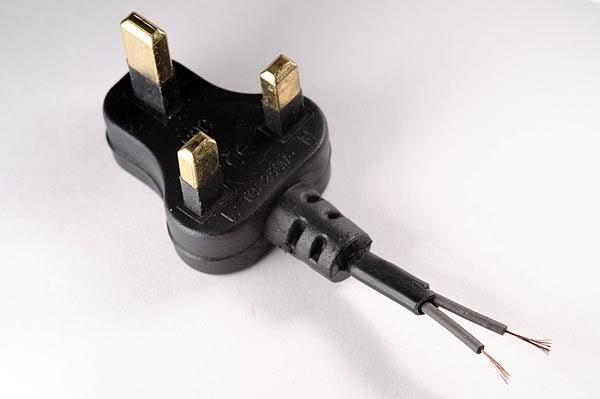I can guarantee that Amazon will do SFA about this problem, and that every time one individual seller is stopped, another will just spring up in it's place, until they are faced with legislation which basically says "Sorry - we just don't f*****g care how difficult it makes life for you - you are providing a means for people to sell these products, and so we will hold you responsible for them being here, and if you can't stop being responsible for dangerous goods being sold we will shut you down."
I know that some people will think "Oh, poor old Amazon - it's just so unrealistic to expect them to do that", but it's the only thing they will listen to.
The alternative is Eric's suggestion.
I know that some people will think "Oh, poor old Amazon - it's just so unrealistic to expect them to do that", but it's the only thing they will listen to.
The alternative is Eric's suggestion.



